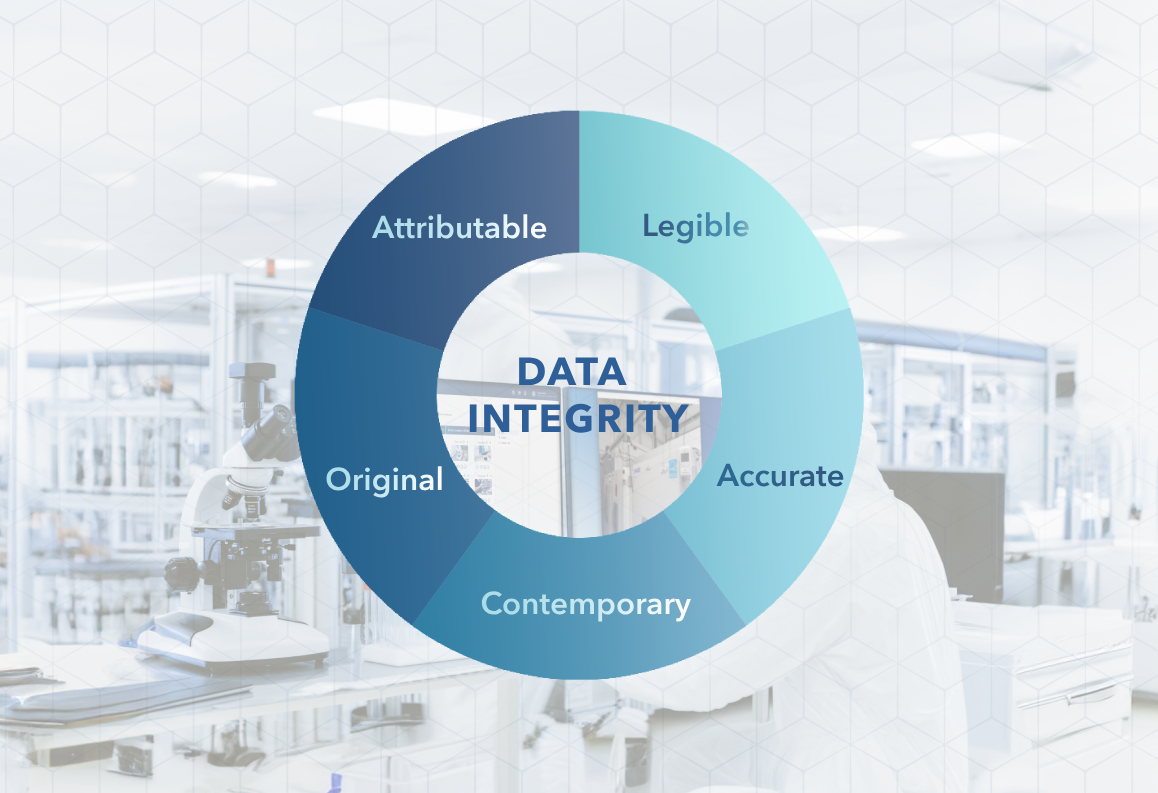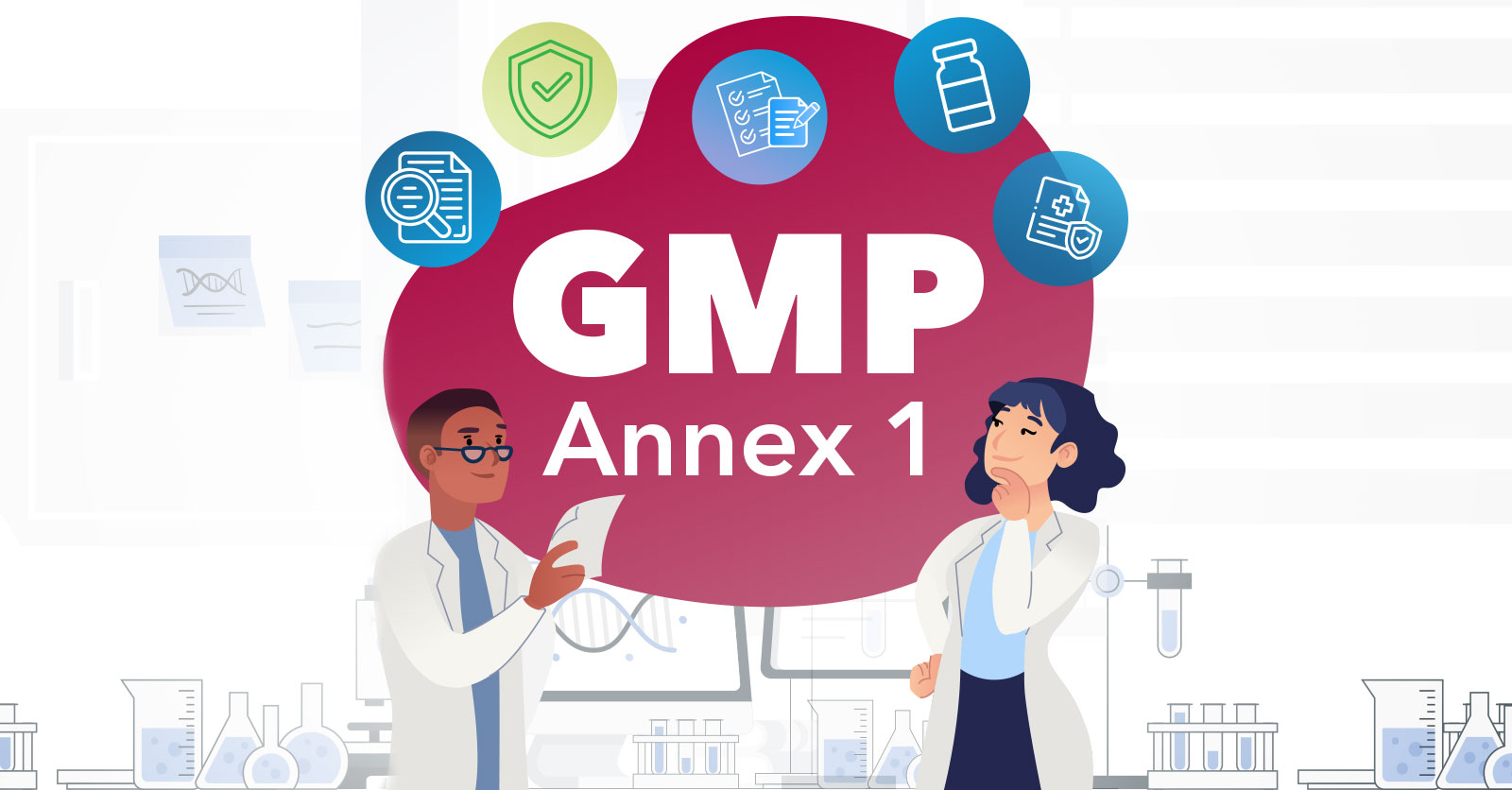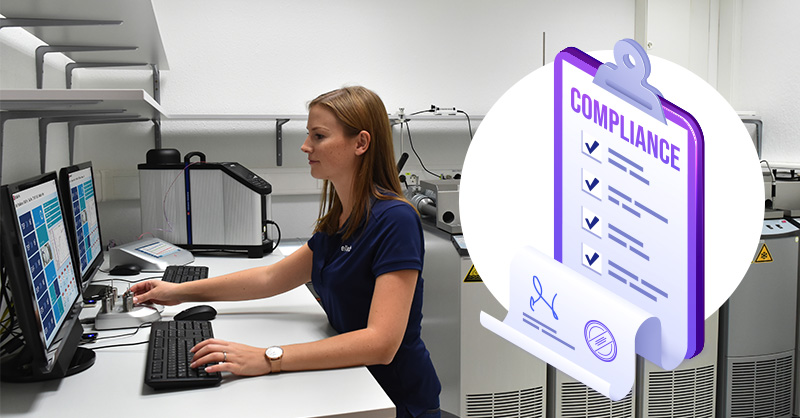Monitoring
Test your Data Integrity with These 12 Questions

Maintaining the integrity of your data is essential when performing continuous monitoring of rooms, chambers, and storage, especially in the life sciences industry.
Are you taking the necessary steps to protect the integrity of your data? Data integrity compliance and maintenance are the foundation for making informed decisions, protecting valuable data, and minimizing the risk of product loss.




